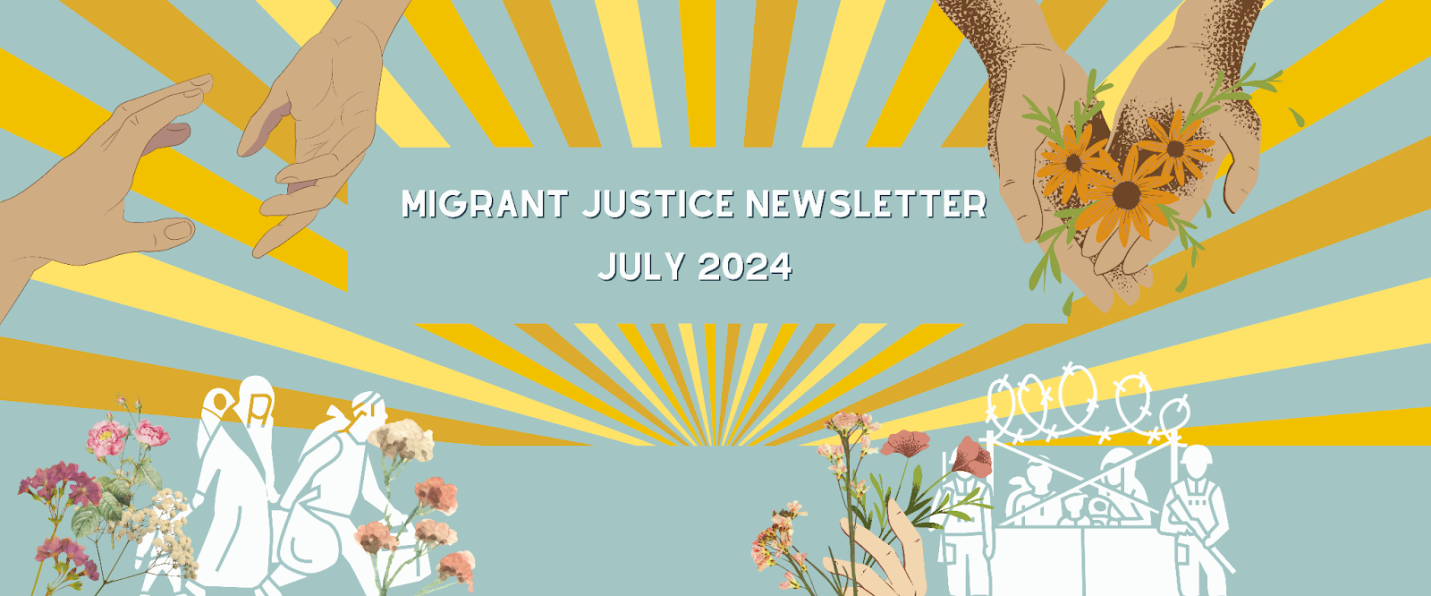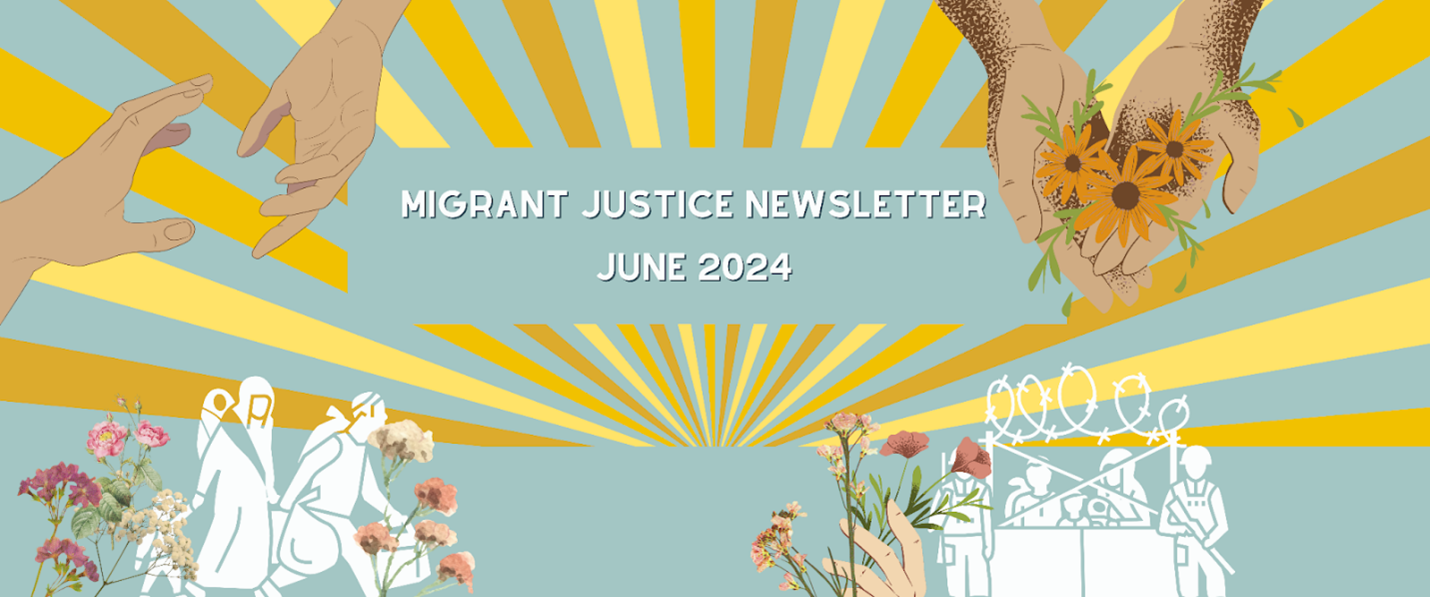In less than a decade, El Salvador has gone from the murder capital of the world to having one of the lowest homicide rates in the Western Hemisphere. President Nayib Bukele has been at the helm of this radical transformation. Since taking office, he has led one of the most aggressive anti-gang crackdowns ever seen, suspended key constitutional rights, reshaped the judiciary, eroded prosecutorial independence, and consolidated unprecedented political power in the process.
Data from the Salvadoran government indeed suggests that violence has plummeted to historic lows under Bukele. A closer look at the data and methods used by his administration, however, reveals a more complicated reality of violence, state control, and repression in the country. Under Bukele’s crackdown, the government has been undercounting homicides by as much as 47 percent. In May 2021, Bukele’s government formally started changing how it counted homicides. Then, in April 2022, just days after Bukele declared the régimen de excepción, the government began excluding figures for persons killed in clashes with the police or military, which include shootings, patrols, and operations by state security forces. Where El Salvador has become a true leader—not only in the Western Hemisphere but globally—is incarceration. Under Bukele’s rule, El Salvador has become the most incarcerated country in the world.
Lastly, both Bukele’s supporters and critics have largely taken his administration at its word, failing to consider that the very data touted by the president and his administration is deeply flawed and that homicides under his rule have been deliberately and dramatically undercounted.
“Everyone is talking about Bukele’s model and that it is going to be successful there,” Salvadoran political scientist José Miguel Cruz told Foreign Policy, “and that is just a fantasy.”




